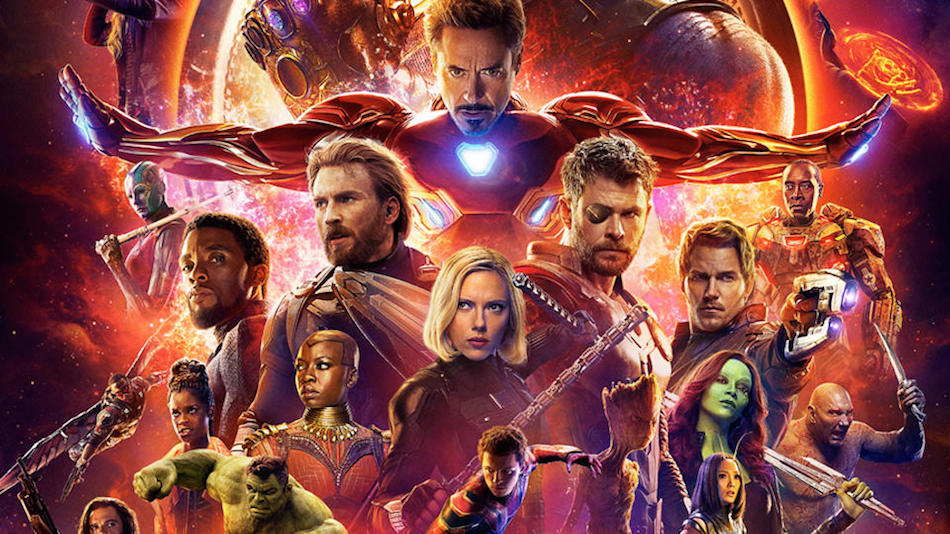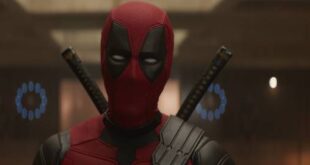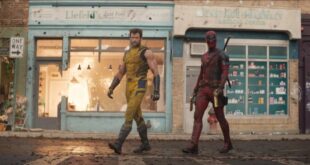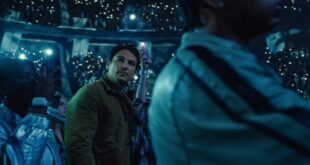I’ll say right off the bat that Avengers: Infinity War is a hard movie to review, simply because it’s the first of it’s kind. Never before have cinema-going audiences been privy to a cinematic experience akin to Infinity War. It’s a tough movie to define, considering that there is no context for the film in terms of something to compare it to. When it was shot, Avengers: Infinity War was intended to be a two-part cinematic event—akin to The Matrix or the second and third Pirates of the Caribbean films—which were shot back-to-back just like these films were. Even then, the eventual individualization of Avengers: Infinity War and the as of yet untitled Avengers 4 makes the movie even harder to quantify. Perhaps the closest example of something similar to these films might be the Lord of the Rings trilogy, but even then those movies have definitive endings despite connective threads. In the case of Avengers: Infinity War, the attempt to make this movie a single story is something of a problem because it’s inherent purpose is to be the antithesis of that idea seemingly.
This apparent identity crisis that the film struggles with is a simple one, and yet it has far-reaching consequences when it comes to evaluating Avengers: Infinity War against its predecessors. It’s interesting—on the one hand, the film is trying to distinguish itself as a standalone entry in setting up Thanos’ origin story through his quest to find the coveted Infinity Stones. On the other, the movie serves as a culmination of the MCU at large, offering a “greatest hits” of the universe that works as the most elaborate instance of fan-service that has possibly ever been made. While directors Joe and Anthony Russo do their best of balancing the insane amount of elements in the film, the movie can’t decide what it wants to be. At times, this, unfortunately, throws the movie into somewhat of a tailspin at points. Thankfully, the movie is also strong enough to be enjoyable as the culmination of 18 films, even if it fails to distinguish itself as a singular entity.
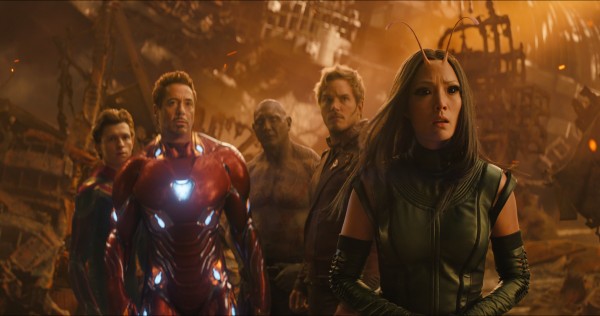
As a standalone piece, Avengers: Infinity War oddly both succeeds as much as it fails. What’s interesting about this film, in particular, is that Thanos is essentially the protagonist of the p[iece. It’s often said that every great villain is the hero of his or her own story but in the case of this film that’s literally true. The filmmakers jump through hoops to make Thanos as empathetic as possible in the movie, but juggling all of the Marvel heroes and trying to set up Thanos as a cosmic threat works better on paper than the way it plays out in the story itself. Luckily, the character is mostly salvaged through Josh Brolin’s intimate portrayal of a character that is essentially a madman with minimal redeeming qualities. The problem with the way that the character is written, however, is that he doesn’t have an arc in the film. Despite having several emotional beats throughout the story that should theoretically impact the character dramatically, these moments ultimately do nothing to change Thanos by the end of the film. He’s a character who is the same person entering the film as he is the one that’s leaving it, although his motivations shift drastically by the end of the film.
As the culmination of everything that the Marvel Cinematic Universe has had to offer up until this point, this film seems to set up a great deal of what’s to come with Avengers 4 next year. Perhaps the most exciting thing about what ‘Avengers: Infinity War’ does is the implications that it sets up for the forthcoming sequel next year. But again, therein lies the problem: Avengers: Infinity War is the set up for the payoff in Avengers 4, meaning that the film cannot be considered a standalone piece. There are several indications of this, but the fact that literally none of the characters have a complete arc in the film goes to show how disinterested the film is in telling a standalone story. Even more troubling, however, is that the movie isn’t really about anything in particular. There’s no moral argument, other than the plight of a crazy alien who wants to wipe out half of the universe’s population. While the root cause of this seems to be the fact that Avengers: Infinity War is pretty much all plot and no character development, it’s hard to ignore the idea of this movie, and it’s sequel be taken as two pieces of a whole.
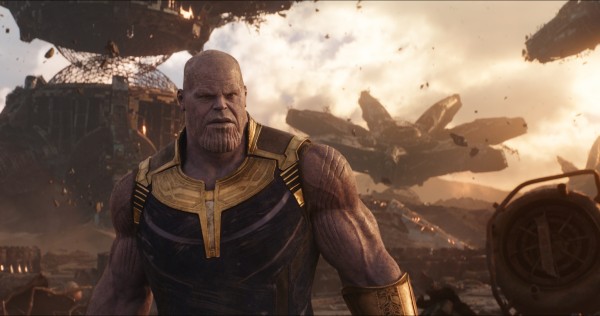
Jumping back to the Lord of the Rings trilogy as the closest point of comparison, those films can be taken both as standalone pieces and parts of a larger whole, and work on both levels at the same time. Fellowship of the Ring, for example, features complete character arcs that see a change in the characters by the end of the film, while also teasing a larger adventure to come in the following sequels. Avengers: Infinity War does none of this. The battle of Wakanda that was so heavily featured in the marketing for the film is another excellent example of how the movie tends to fall apart in the third act, as most Marvel films tend to do. As the climactic showpiece of the film, the battle of Wakanda does a poor job of setting any real stakes to the fight—at least until Thanos arrives.
Unlike the battles of New York and Sokovia in the first two films, the battle of Wakanda lacks a certain emotional or dramatic weight when it plays out. It’s interesting, because (bringing back the LOTR comparisons one more time) the battle of Wakanda feels similar to the battle of Helms Deep in The Two Towers. Both are crucial set pieces in terms of plot and story, and both carry a lot of consequences as a result. The difference between the two is that one brings a lot of emotional weight with its character interactions and a clear sense of geography, and the other did not. Maybe it’s the fact that the film intercuts between multiple storylines as the battle of Wakanda is taking place, but the CGI messiness of the scene left an empty feeling in my stomach until the arrival of Thanos late in the battle.
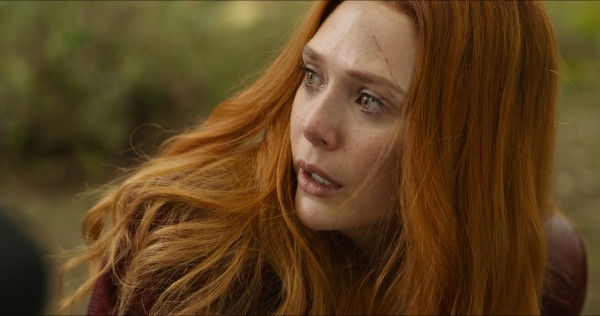
Perhaps the most substantial element of the film is the small character interactions between the various combinations of heroes that are sprinkled throughout the film. The banter between Thor and the Guardians is the highlight of Avengers: Infinity War, but as a fan of these movies as a whole, I found myself nerding-out many times throughout the film. Tom Holland’s performance in the film was easily the most impactful of the bunch, even though his character is relegated to what is a supporting performance with no real arc. This speaks to the broader Marvel philosophy of creating a more extensive, interconnected universe. At the same time, it completely discounts the whole idea of Avengers: Infinity War being a standalone piece. It’s a problem that I find myself still trying to grapple with, even after watching the film a second time.
There’s something to be said for the sheer amount of elements that the filmmakers had to cull even to get Avengers: Infinity War off the ground, let alone craft a coherent narrative that also features crowd-pleasing moments along the way. It’s truly an achievement that will surely be unparalleled for a long time to come. At the same time, upon repeat viewings, the cracks in the façade began to show, only leaving me without a sense of closure. The interesting thing with my experience watching this movie is that although I don’t feel the urge to see the film again (in an attempt to preserve my initial experience of being swept up by what Avengers: Infinity War had to offer), and yet the film is so dense that I feel obligated to see it a third time.
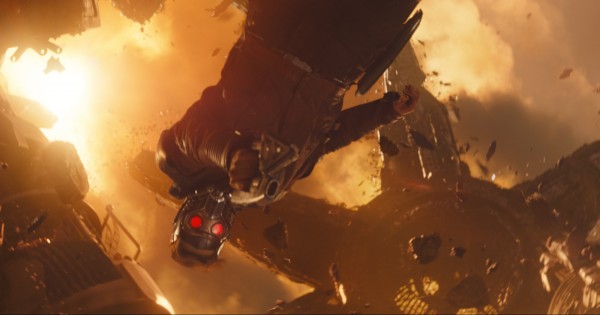
As I mentioned at the beginning of this review, Avengers: Infinity War is a different beast altogether. At the same time, it is a movie, and it’s impossible to judge the storytelling in the film on anything else, but it’s the ability to hold to these standards. With that said, the feeling that I get when trying to evaluate Avengers: Infinity War is that many of the problems I have with the film will be either solved or mitigated to small nitpicks.
This, in turn, also begs the question of why the movie is trying so hard to be a standalone piece when Avengers: Infinity War is so clearly one part of a larger whole, both within the context of these two movies as well as the MCU in general. The movie is undoubtedly ambitious in its execution as well as with the way the story ends, but in reality, this film doesn’t feature an ending, per se. Although it doesn’t feature a “to be concluded…” tagline, we’re left at the midpoint of this story which proves to be supremely frustrating when we have to wait a whole year for a sense of finality to this arc. Even after writing this review, I’m left with a sense of mixed emotions, just like the movie itself.
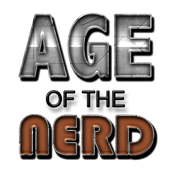 Age of The Nerd
Age of The Nerd
